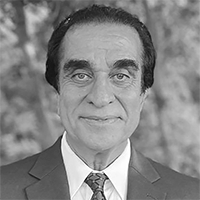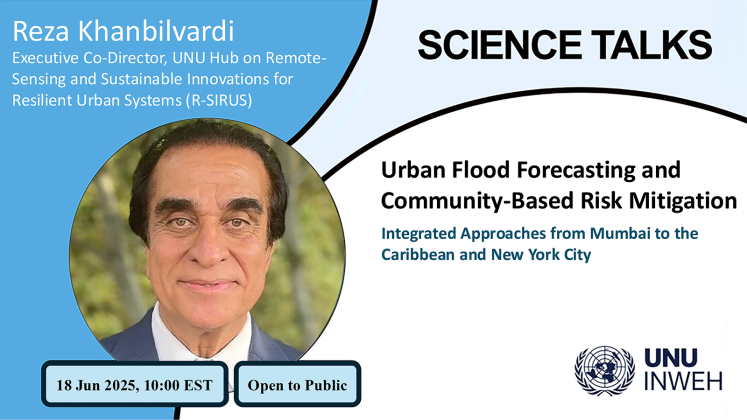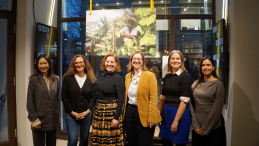Urban flooding remains one of the most pressing climate-induced challenges, particularly in densely populated and socioeconomically vulnerable regions. In this Science Talk, Prof. Reza Khanbilvardi will present an integrated, multi-regional approach to urban flood forecasting and mitigation, leveraging artificial intelligence (AI), high-resolution modeling, and community-driven frameworks.
The core of this work centers on the development of AI-based forecasting systems, with a case study in Mumbai, India. Using machine learning models trained on hydrometeorological, topographical, and remote sensing data, the system simulates real-time flood scenarios and improves predictive accuracy through historical event analysis, land use changes, and rainfall variability. These insights are transferable to other urban coastal zones, notably New York City (NYC), where a complementary flash flood alert system is under development. This system utilizes predictive modeling to estimate real-time flood depth and issue timely warnings, enhancing disaster response and resilience.
In parallel, the research addresses inland flood risk in Puerto Rico and the U.S. Virgin Islands through the development of high-resolution risk maps. By integrating Depth-Duration-Frequency (DDF) curves with soil, land use, and terrain data, the maps offer precise identification of vulnerable areas, supporting more effective mitigation planning.
Additionally, this work advances a participatory decision-support framework for implementing nature-based solutions (NBS) in Puerto Rico. By incorporating social vulnerability indices and engaging stakeholders, this model ensures equitable and location-specific flood mitigation strategies. The resulting tool recommends adaptive NBS that reduce flood risk while promoting sustainability and community resilience.
Collectively, this research contributes to the UN Sustainable Development Goals by supporting climate action, resilient infrastructure, and disaster risk reduction. It demonstrates how AI and participatory design can synergize to address complex flood challenges across diverse geographic and socio-political contexts.
Register to join
Speaker

Professor Reza Khanbilvardi
Executive Co-Director, UNU Hub on Remote-Sensing and Sustainable Innovations for Resilient Urban Systems (R-SIRUS)






